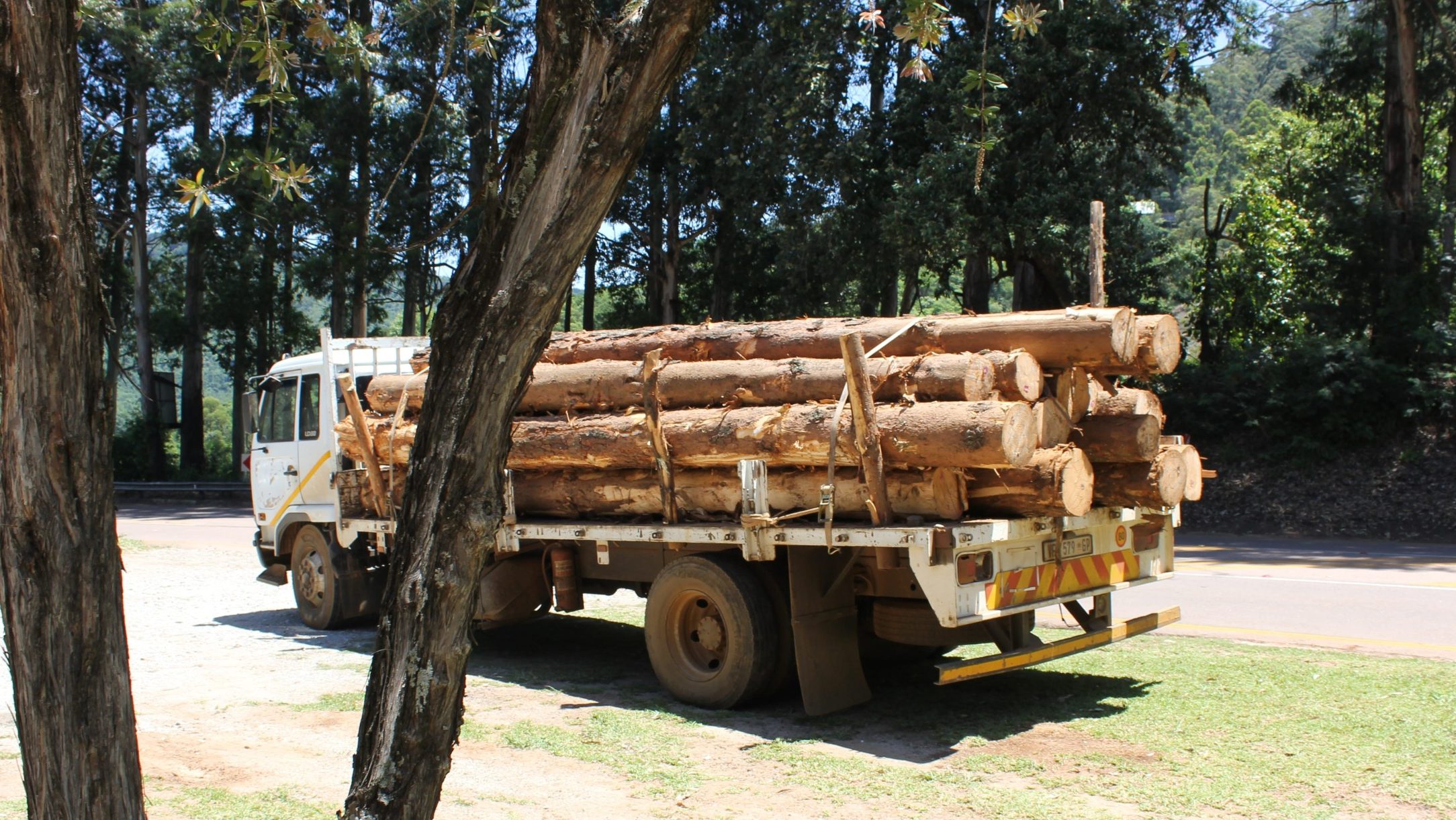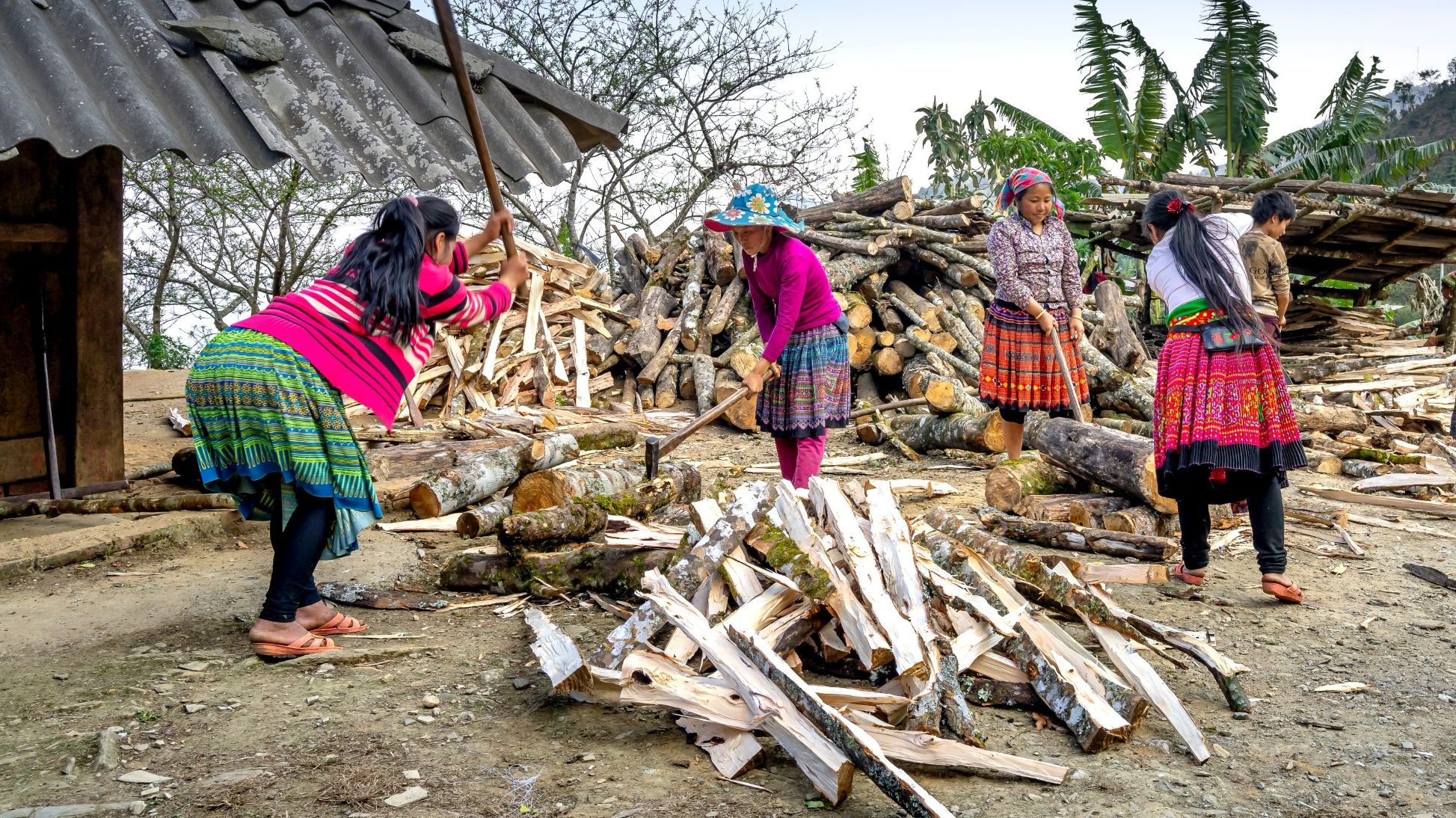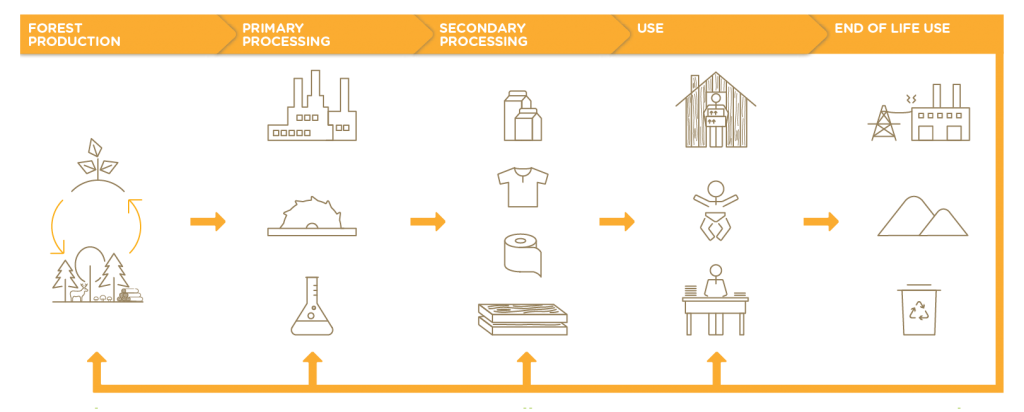Forests are the most biologically diverse ecosystems on land. They’re essential for the livelihoods of 1.6 billion people and provide countless critical ecosystem services. Sustainable management of the forest products sector is essential to conserve natural, social and human capital. These Guides build on the Natural Capital Protocol and the Social & Human Capital Protocol to provide sector-specific guidance for businesses operating along the forest products value chain.
The forest products sector must play a substantial role in achieving the UN Sustainable Development Goals (SDGs), more than half of which are closely linked to forests and forest products.
Forests provide products such as timber, food, fuel and bioproducts. They also provide a range of ecosystem services including carbon sequestration, water filtration, habitat creation, nutrient cycling and natural disaster risk reduction. They are the most biodiverse ecosystems on land, home to more than 80% of known terrestrial animal, plant and insect species. Moreover, some 1.6 billion people, including 2,000 indigenous communities, depend on forests for their livelihoods.
While companies have traditionally valued forest products, the value of the services they provide has typically been less understood, leading to the increasingly degraded state of the world’s forests and their vast carbon stores.

Wood fiber is the lifeblood of the entire forest products value chain. Its production and processing depend on and contribute to many ecosystem services, and its unsustainable management can degrade these services. Many forest products companies are, therefore, already aware of the importance of understanding and effectively managing risks and opportunities associated with natural capital.
The forest products sector also has social impacts throughout its value chain, from the people who depend on forests for their livelihoods to the consumers of forest products. These impacts can be positive or negative, such as job provision and air pollution mitigation or dispossession of indigenous peoples and local communities from their land.

Understanding the impacts and dependencies on natural, social and human capital is crucial for effective sustainable management of forests and achieving the SDGs.
The Forest Products Sector Guide to the Natural Capital Protocol focuses on natural capital impacts and dependencies and builds on the Protocol, using the same stages and steps. The Guide to the Social and Human Capital Protocol focuses on social and human issues, using the same stages with additional steps.
Some assessments may benefit from integrating natural, social and human capital impacts and dependencies, in particular to understand the relative importance of each, as well as potential trade-offs between them.















